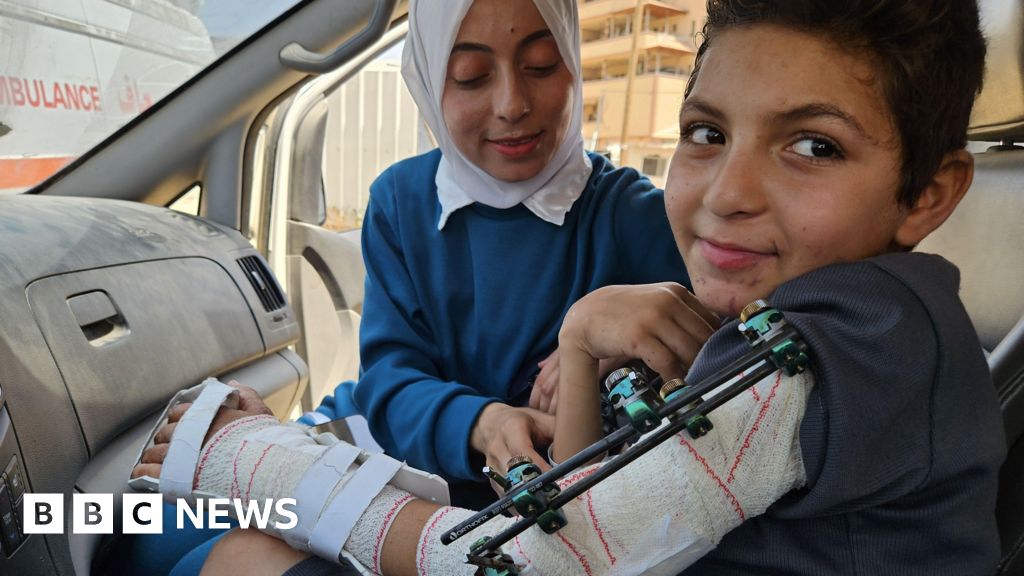ARTICLE AD BOX
Image source, Getty Images
Image caption,Rallies against sexual violence have taken place following allegations that 13 women and girls were raped at a protest
Sudan's military government has restricted internet services in the capital Khartoum amid calls for mass anti-coup demonstrations, reports say.
Several bridges have also been closed and protesters have been warned against creating any disturbances.
Last weekend, hundreds of thousands of demonstrators marched through Khartoum demanding civilian rule be restored after the military coup on 25 October.
Protest organisers rely on web services and apps to plan large rallies.
More than a hundred people were injured in clashes with police in last week's protests. The security forces were also accused of sexually abusing more than a dozen women and girls.
Activists had planned a series of street protests for Saturday, exactly two months on since generals launched their takeover, before internet connections were disrupted.
One internet service provider told Reuters news agency that the disruption followed a decision by Sudan's National Telecommunications Corporation (NTC), which regulates the sector.
Additional security forces have been deployed across the capital, officials said, and local media report that some bridges over the Nile river connecting Khartoum to other cities have been blocked.
Coup leader Gen Abdel Fattah al-Burhan has defended October's military takeover, alleging that the army acted to prevent a civil war because political groups had been inciting civilians against the security forces.
He has said he remains committed to the transition to civilian rule, with elections planned for July 2023. However it is unclear how much power the new civilian government will have, as it will be subject to military oversight.
The general has also warned that protests could impede a smooth democratic transition.
Pro-democracy activists accuse the military of stealing the revolution that led to long-serving ruler Omar al-Bashir being ousted in 2019.
Why protestors are back on the streets in Sudan

 3 years ago
48
3 years ago
48








 English (US) ·
English (US) ·